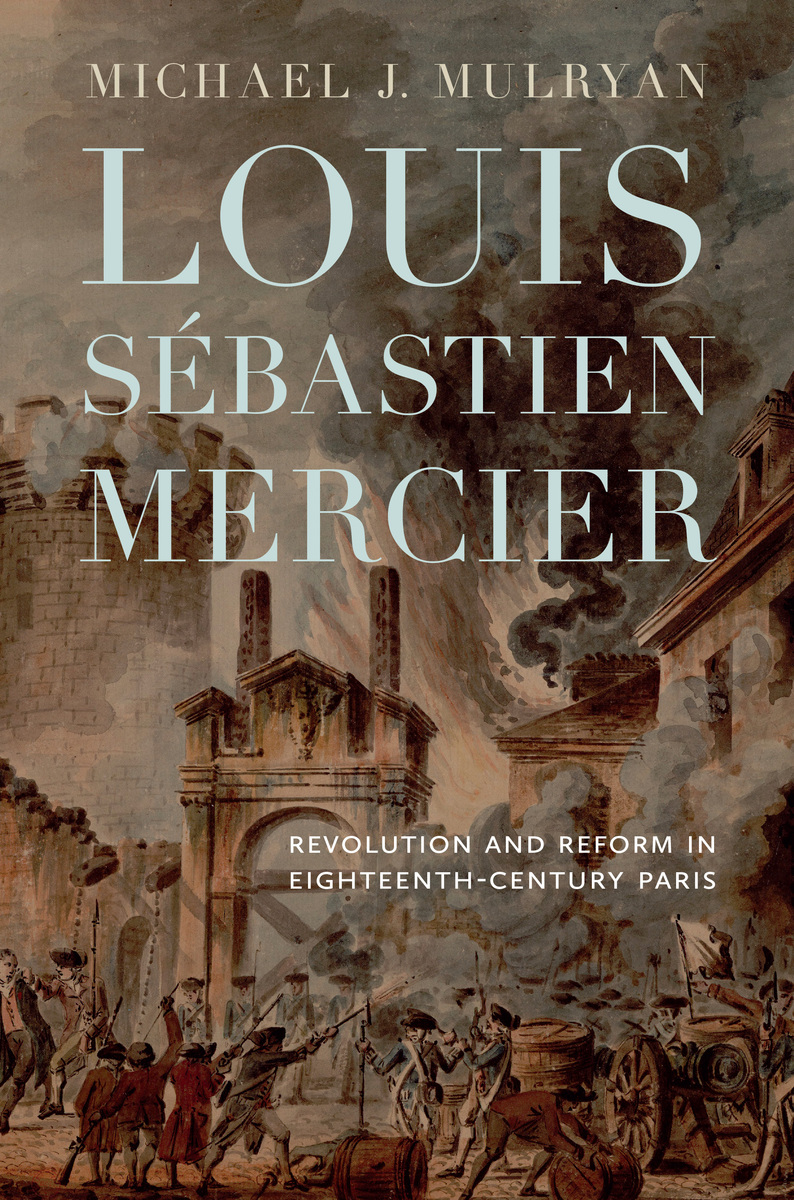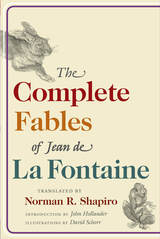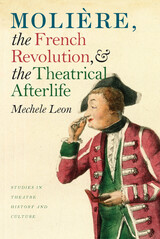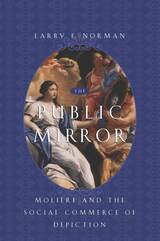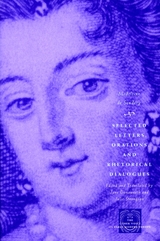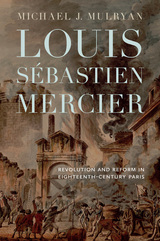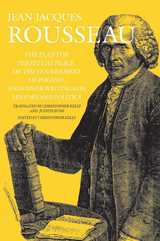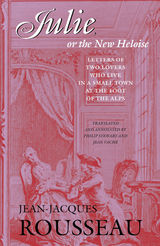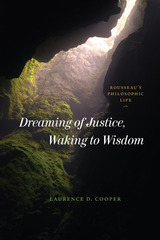Louis Sébastien Mercier: Revolution and Reform in Eighteenth-Century Paris
Bucknell University Press, 2023
Cloth: 978-1-68448-488-1 | Paper: 978-1-68448-487-4 | eISBN: 978-1-68448-489-8 (ePub) | eISBN: 978-1-68448-490-4 (PDF)
Library of Congress Classification PQ2007.M6
Dewey Decimal Classification 848.609
Cloth: 978-1-68448-488-1 | Paper: 978-1-68448-487-4 | eISBN: 978-1-68448-489-8 (ePub) | eISBN: 978-1-68448-490-4 (PDF)
Library of Congress Classification PQ2007.M6
Dewey Decimal Classification 848.609
ABOUT THIS BOOK | AUTHOR BIOGRAPHY | REVIEWS | TOC
ABOUT THIS BOOK
French playwright, novelist, activist, and journalist Louis Sébastien Mercier (1740–1814) passionately captured scenes of social injustice in pre-Revolutionary Paris in his prolific oeuvre but today remains an understudied writer. In this penetrating study—the first in English devoted to Mercier in decades—Michael Mulryan explores his unpublished writings and urban chronicles, Tableau de Paris (1781–88) and Le Nouveau Paris (1798), in which he identified the city as a microcosm of national societal problems, detailed the conditions of the laboring poor, encouraged educational reform, and confronted universal social ills. Mercier’s rich writings speak powerfully to the sociopolitical problems that continue to afflict us as political leaders manipulate public debate and encourage absolutist thinking, deepening social divides. An outcast for his polemical views during his lifetime, Mercier has been called the founder of modern urban discourse, and his work a precursor to investigative journalism. This sensitive study returns him to his rightful place among Enlightenment thinkers.
See other books on: 1740-1814 | Paris (France) | Reform | Revolution | Revolutions, Uprisings & Rebellions
See other titles from Bucknell University Press
